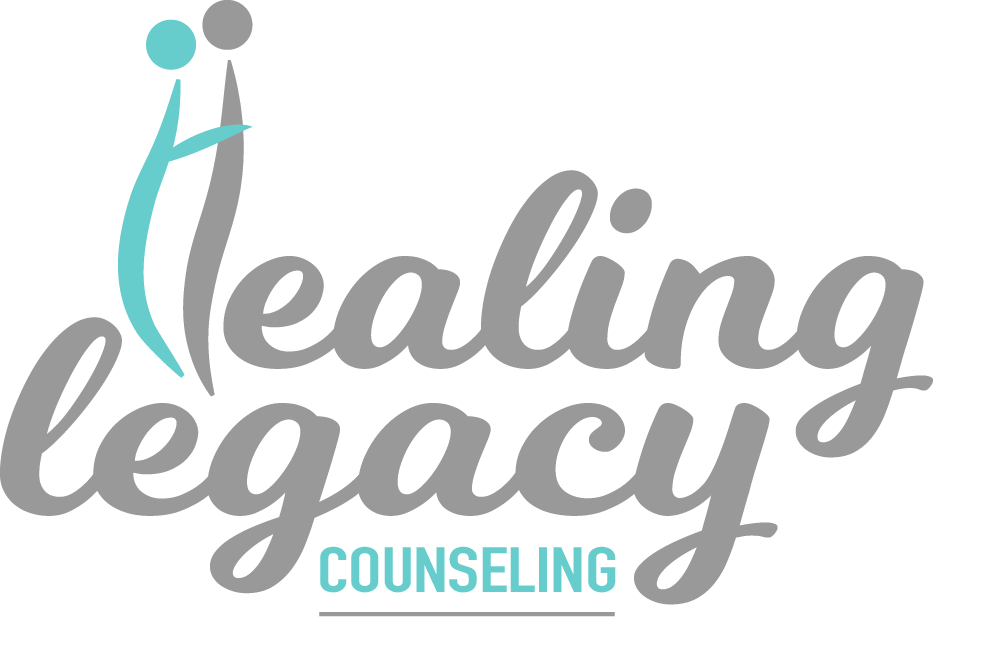“What will I get out of my first therapy session?” It’s natural to be anxious…

Therapy with an IMFT
“What does all the letter soup mean?” I get asked this question a lot by clients, friends and family members. I’m an Independent Marriage and Family Therapist as well as a Licensed Practicing Clinical Counselor. The “independent” part means that I have trained under the supervision of a seasoned clinician who has given me the benefit of their experience and wisdom, and now the state of Ohio believes I can do therapy without someone looking over my shoulder, kind of like when a new doctor completes residency. It takes about a minimum of two years to become independent after you graduate, and, with the education and internship, it takes a grand total of six years (minimum) to be an independent therapist. But who’s counting?
Let’s go back to the part about being a marriage and family therapist compared to a licensed counselor, a social worker, or a psychologist. First of all, yes, I do see individuals, not just married couples and families. We’re actually really poorly named; we should be called “Systems Therapists.”
It’s similar to how you take your car to a mechanic and tell them when it’s making a funky noise. Your mechanic will run the car and looks under the hood to figure out all the different parts that may be contributing to the weird noise. That’s how MFTs do therapy, we look at the system.
You may come into therapy feeling really depressed or anxious, and the reason you’re in therapy is to stop the negative thoughts or anxiety. You’re really focused on the feelings or numbness, and you want help. The way an MFT will help you is by zooming out the lens a little in order to better understand the problem before giving you a solution. If it were as easy as “just stop thinking that way,” you would have done it by now! Together, we look at your family of origin… the people (or wolves) that raised you, the communication patterns, the way they handled their emotions, both their negative traits and their strengths.
We also look at how your current family or the people around you interact with you and how you respond to them. It’s a wise old adage: “Before diagnosing someone with depression, make sure they’re not surrounded by jerks.” Marriage and family therapists are very aware of the person in context. This approach of seeking to understand the context can make your own seemingly irrational behavior and thoughts more understandable to you, forgivable, and eventually, more within your control.
Because of our systems approach, we do great work with multiple-person-type therapy; couples and families. We work with “couples” of all varieties… married, dating, poly, pre-marital, co-parenting and more. We’re trained to balance the room, take care of different people’s needs and emotions at the same time, and, most importantly, to treat the relationship itself as our client.
Marriage and Family Therapists are Systems Therapists that help you understand the moving parts of your depression, anxiety, communication issues, post-traumatic stress disorder, bipolar or whatever might bring you into counseling. Our view of the problem is the problem, not the person, and we root out the many parts contributing to that problem to find a long-lasting solution.

